Combat AMR while unleashing potential
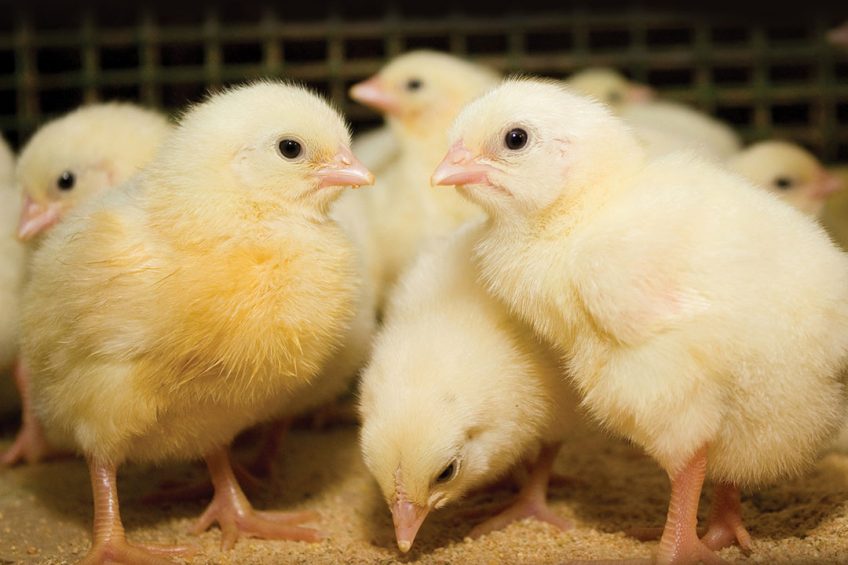
Antimicrobial resistance is catalysing consumer and regulatory driven pressure to eliminate antibiotic use for farm animals worldwide, which is leading to a growing need for sustainable alternative solutions. Nutritional solutions in the area of eubiotics occupy a prominent place in the drive to reduce the use of antibiotics and unleash the hidden potential of animal gastrointestinal functionality.
As antibiotic-free production is strongly on the rise, the concept of gut health remains high in the agenda of poultry nutritionists. After the European ban on antibiotic growth promoters (AGPs) in 2006, the broiler industry struggled during the initial years due to a rise in intestinal health issues, commonly referred to as dysbiosis problems. The major consequence was a dramatic increase in the use of therapeutic antibiotic treatments that have since then been restricted through additional legislative measures.
Dysbiosis Also called dysbacteriosis is the inflammation of the small intestine, which primarily affects fast growing birds with high feed intake, and is associated with fermentation in the hind gut, diarrhoea and wet litter. This non-specific bacterial enteritis arises with certain pre-disposing factors such as feeding transitions or sub-clinical coccidiosis. |
Given the strict regulated antibiotic environment in Europe today, the severity of the challenge would be further pronounced without a clear awareness of the need of implementing a holistic approach, allowing more sustainable management of poultry production.
Multi-faceted approach
Optimal gastrointestinal function is influenced by many factors, including gut microbiome and the way it interacts with the host. In fact, the intestinal microbiota has proven to modulate the development of the gastrointestinal tract, improve its morphology, stimulate the development of the gut immune system, and promote host nutrition. To be successful within antibiotic-free production systems, what is of utmost importance is the adoption of a holistic approach considering all aspects of health (e.g: vaccination, etc.), management (housing, biosecurity, etc.) and nutrition (nutrient quality, optimum vitamin and mineral nutrition, etc.).
For nutrition, there are some absolute prerequisites to stimulate appropriate digestive function in poultry such as early life feeding, fibre nutrition or the use of appropriate feed additives. In this particular domain, the use of exogenous enzymes that help to degrade phytate, β-mannans, xylans and other non-starch polysaccharides is a must. Feed enzymes do also influence gut viscosity or avoid an excess of protein in the hind-gut thanks to carbohydrases and proteases respectively. Last but not least, cost-effective eubiotic technologies are required to further optimise gastrointestinal functionality and animal resilience: not only are they able to deliver a comparable zootechnical response compared to AGPs, they also represent a more sustainable approach that resonates throughout the value chain.
Eubiotics program boosting sustainability
Introduced by DSM in the early 2000’s, the term ‘Eubiotic’ refers to gut health enhancers able to modulate the composition and expression of the microbiome or to act on intestinal barrier and tight junctions. Optimum early life nutrition is critical for young birds to ensure a good start, robustness and ability to cope with health challenges or stress. Probiotics and prebiotics are great contributors in this aspect thanks to the establishment of a balanced microbiota, allowing early positive colonisation and development of the caecal microbial populations and enhancing bird resistance to enteric disease.
Organic acids and essential oils support small intestine defence mechanisms by reducing the pathogen pressure, leading to improved digestibility. Recent studies have shown very positive effects on feed efficiency of broilers supplemented with Crina Digest (see Figure 1), a new DSM micro- encapsulated essential oil technology. Benefiting from a controlled release formulation, Crina Digest steps up digestion of chickens through stimulating the secretions of digestive enzymes and modulation of gut microbiota. Finally, with regards to productivity and sustainability, the feed industry should rely in the future on game-changing technologies offering synergistic or complementary benefits to conventional eubiotics such as essential oils or probiotics.
Figure 1 – Performance trial results of 35 days-old broiler chickens.

A recent example was the launch of Balancius – a unique enzyme technology hydrolysing the peptidoglycans (PGNs) of broken bacterial cell walls that are present throughout the gut of the bird. Enzymatic breakdown of PGNs in the gut helps in maintaining normal gastrointestinal function through effective nutrient digestion and absorption. Numerous trials under controlled and field conditions suggest that the importance of this bacterial biopolymer has largely been overlooked, and that it may impact bird performance more than previously recognised. Besides a significant impact on bird performance, welfare is another key value driver that Balancius positively influences through specific improvement of litter quality leading to a reduced incidence of foot pad lesions (Figure 2). Such breakthrough enzymes fit perfectly into gut health solutions that include essential oil technology, as hydrolysing peptidoglycans may release a hidden potential in gastrointestinal functionality by removing bacterial cell debris, and thereby enabling optimal nutrient digestibility and efficacy of other feed additives.
Figure 2 – Footpad lesions scoring study in 36 days-old broiler chickens (276 birds analysed/treatment).

Focus on a holistic approach is strongly required for a more sustainable animal protein industry. Eubiotics will continue to be pivotal within antibiotic-free strategies to sustainably enhance gastrointestinal functionality while maintaining optimum productivity. Thus, their synchronised use has a great potential for future animal nutrition. It is, therefore, important for the broiler industry to benefit from a clear overview of the mode of action of Eubiotics and an upgraded knowledge of their symbiotic effects and impact on the gut microbiome.
Author: Antoine Meuter, Global Category Manager Eubiotics, DSM Nutritional Products
 Beheer
Beheer

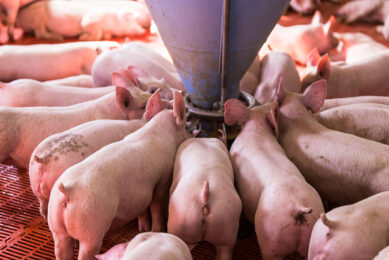
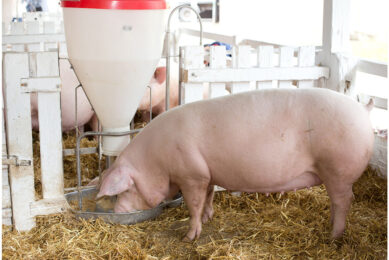
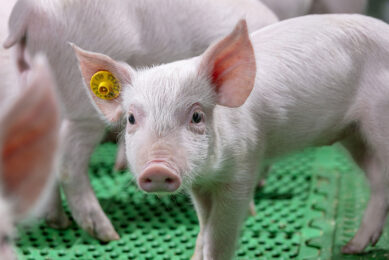
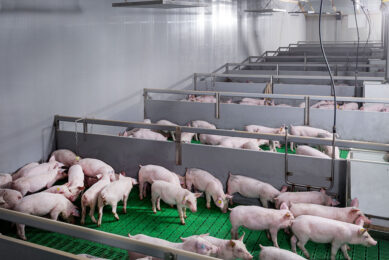
 WP Admin
WP Admin  Bewerk bericht
Bewerk bericht